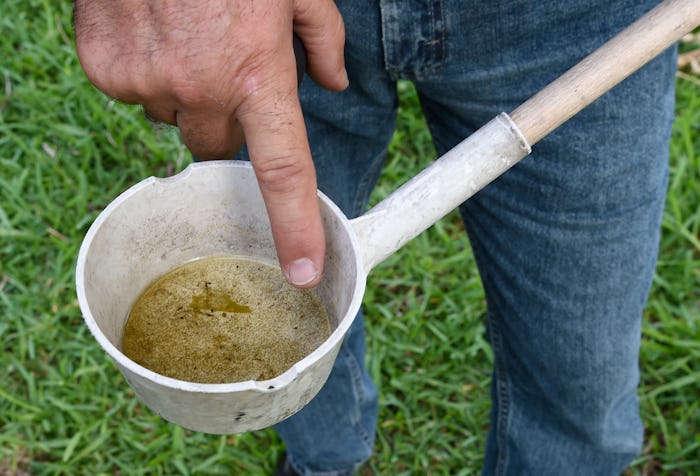Life

Is Zika Virus In Mexico? These Areas Are More Protected From The Virus
It's summer which means it's the prime time for travelers, who typically take vacation time in the July and August months, to plan their vacations, but many are wondering about the state of the Zika virus and where it's safe to travel. Mexico is a popular destination for travel, so you may be wondering: is Zika in Mexico? Zika cases have been found in Mexico, but there are areas less likely to have Zika-carrying mosquitos.
According to the Centers for Disease Control & Prevention, local mosquito transmission (by the Aedes aegypti mosquito species) has been reported in Mexico, and the virus has spread among people living in the country. But the CDC reported that areas in Mexico that are mountainous, with elevations above 6,500 feet, are at less of a risk:
Because Zika virus is primarily spread by mosquitoes, CDC recommends that travelers to Mexico protect themselves from mosquito bites. The mosquitoes that spread Zika usually do not live at elevations above 6,500 feet (2,000 meters) because of environmental conditions. Travelers whose itineraries are limited to areas above this elevation are at minimal risk of getting Zika from a mosquito.
The CDC provided a map that pinpoints the areas in Mexico that are above 6,500 feet, and are therefore less susceptible to have mosquitos carrying Zika – though the CDC warned that since Zika can be transmitted by sexual contact, transmission is still possible in those areas.
Back in March, CNN reported that public health officials were warning men (men can transmit Zika through semen) who are looking to start a family to avoid countries like Mexico, which have been reported to have the virus. The virus has spread rapidly throughout the Americas and has been known to impact pregnant women by causing birth defects like microcephaly. It also has links to other adult-related neurological disorders.
"[It turns] out that 75 percent of men have it in their semen after recovery, we've really got to emphasize the condoms," Dr. Anthony Fauci, director of the National Institute of Allergies and Infectious Diseases, said in an interview with CNN. "If it's like Ebola, it could still be there nine months later."
It continues to be important to remain informed on the Zika virus, as public health officials learn more about its transmission and spread. Especially considering the Rio Olympics in Brazil are approaching, in which the World Health Organization concluded that there would've been no public health justification to cancel the Games. The CDC provides information on how travelers can protect themselves against Zika on their website.